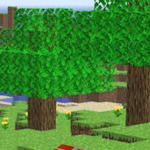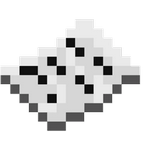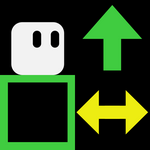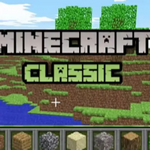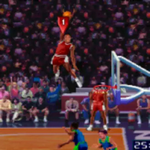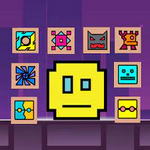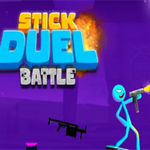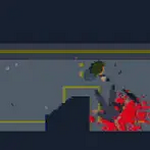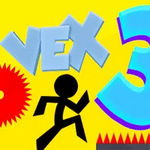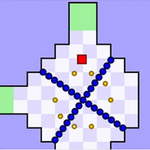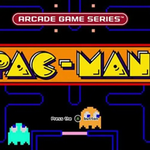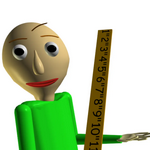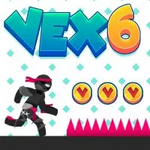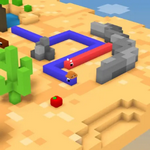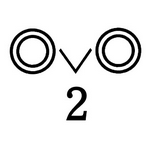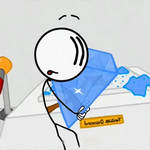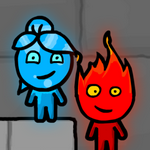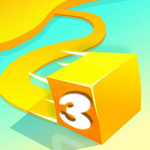
quake Unblocked
## Beyond the Tremors: Exploring the Enduring Legacy of Quake
Quake. The name alone conjures images of dark, gothic architecture, relentless monsters, and the satisfying *thwack* of a rocket launcher. More than just a game, Quake, released in 1996, represents a pivotal moment in gaming history, shaping the first-person shooter genre and leaving an indelible mark on gaming culture. Its influence extends far beyond its initial release, resonating in countless games that followed and continuing to inspire players and developers today.
Id Software's revolutionary title didn't just offer stunning 3D graphics for its time; it pioneered several key features that became staples of the genre. Its fast-paced, frantic gameplay, emphasizing twitch reflexes and strategic movement, set it apart from its contemporaries. The iconic rocket launcher, the satisfyingly brutal shotgun, and the nailgun's unique projectile mechanics all contributed to a visceral, engaging combat experience. Levels, often sprawling and labyrinthine, encouraged exploration and rewarded clever use of the environment.
But Quake's impact wasn't solely confined to its gameplay. Its revolutionary network capabilities allowed for seamless multiplayer experiences, transforming the way people played games. Deathmatches, capture the flag, and other modes fostered a fiercely competitive community, cementing Quake's place as a cornerstone of online gaming. The sheer accessibility of its modding tools further fueled its longevity. Players created countless custom levels, weapons, and even entire game modifications, effectively extending its lifespan indefinitely. This user-generated content breathed new life into the game, showcasing the power of community engagement and paving the way for future titles with robust modding capabilities.
Beyond its technical innovations and community fostered creativity, Quake also established a distinct aesthetic. Its dark, brooding atmosphere, influenced by Lovecraftian horror and gothic architecture, created a unique and unsettling mood, far removed from the brighter, more cartoonish shooters of the era. This visual style, often imitated but rarely duplicated, became a significant element of its enduring appeal.
However, Quake's legacy isn't without its complexities. Its difficulty, particularly at higher skill levels, can be daunting for newcomers. The steep learning curve and unforgiving gameplay might initially alienate those accustomed to more accessible shooters. Yet, this very challenge is part of its charm for many seasoned players, who appreciate the rewarding mastery required to conquer its demanding levels and opponents.
Today, Quake remains relevant thanks to its continued support, remasters, and the thriving community that continues to play and create content for it. Whether experiencing the original through modern emulation or diving into the enhanced versions, Quake offers a timeless experience that demonstrates the enduring power of innovative design and passionate community engagement. It's a testament to a game that didn't just define a genre, but helped shape the very fabric of modern gaming.

